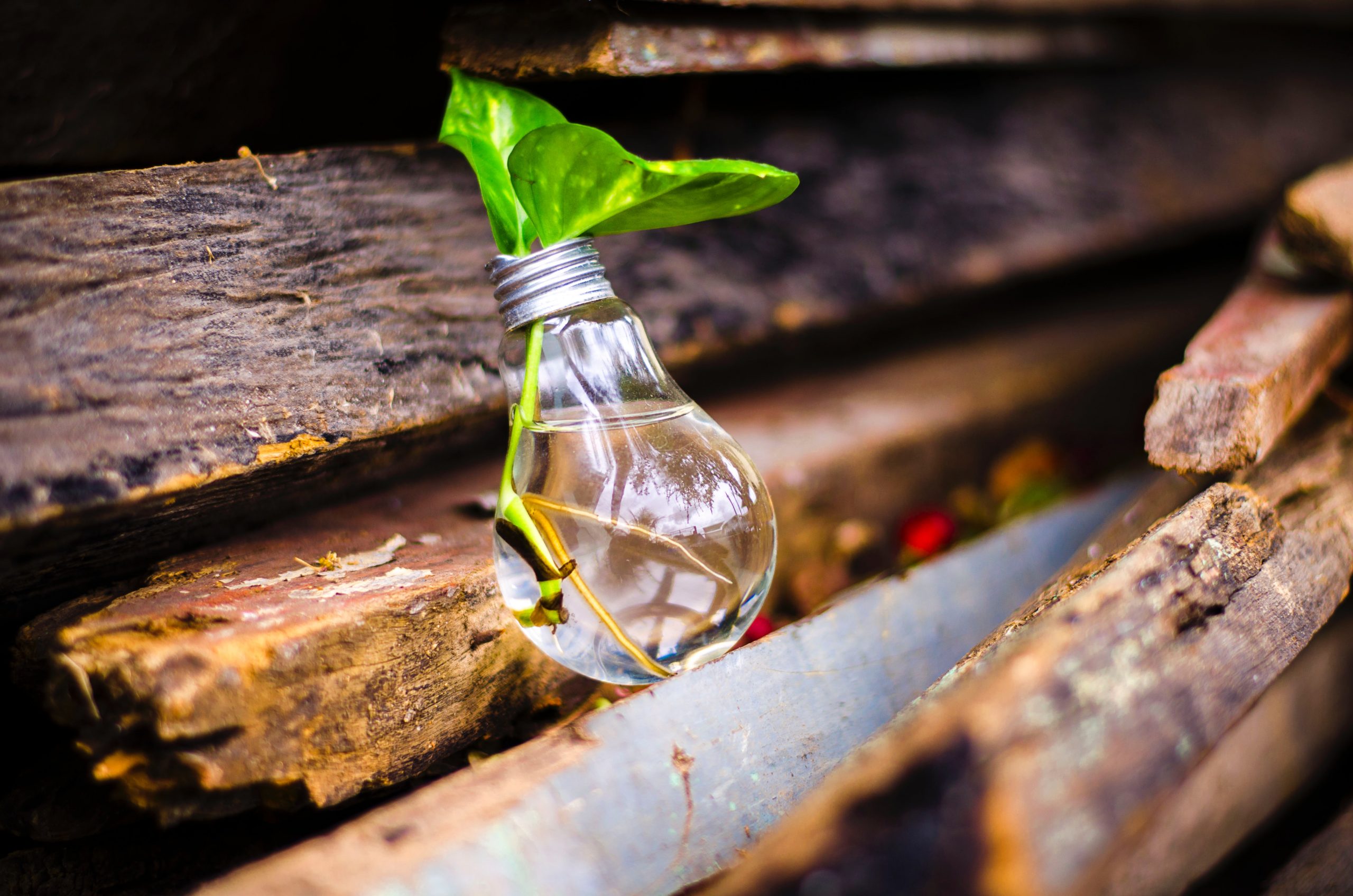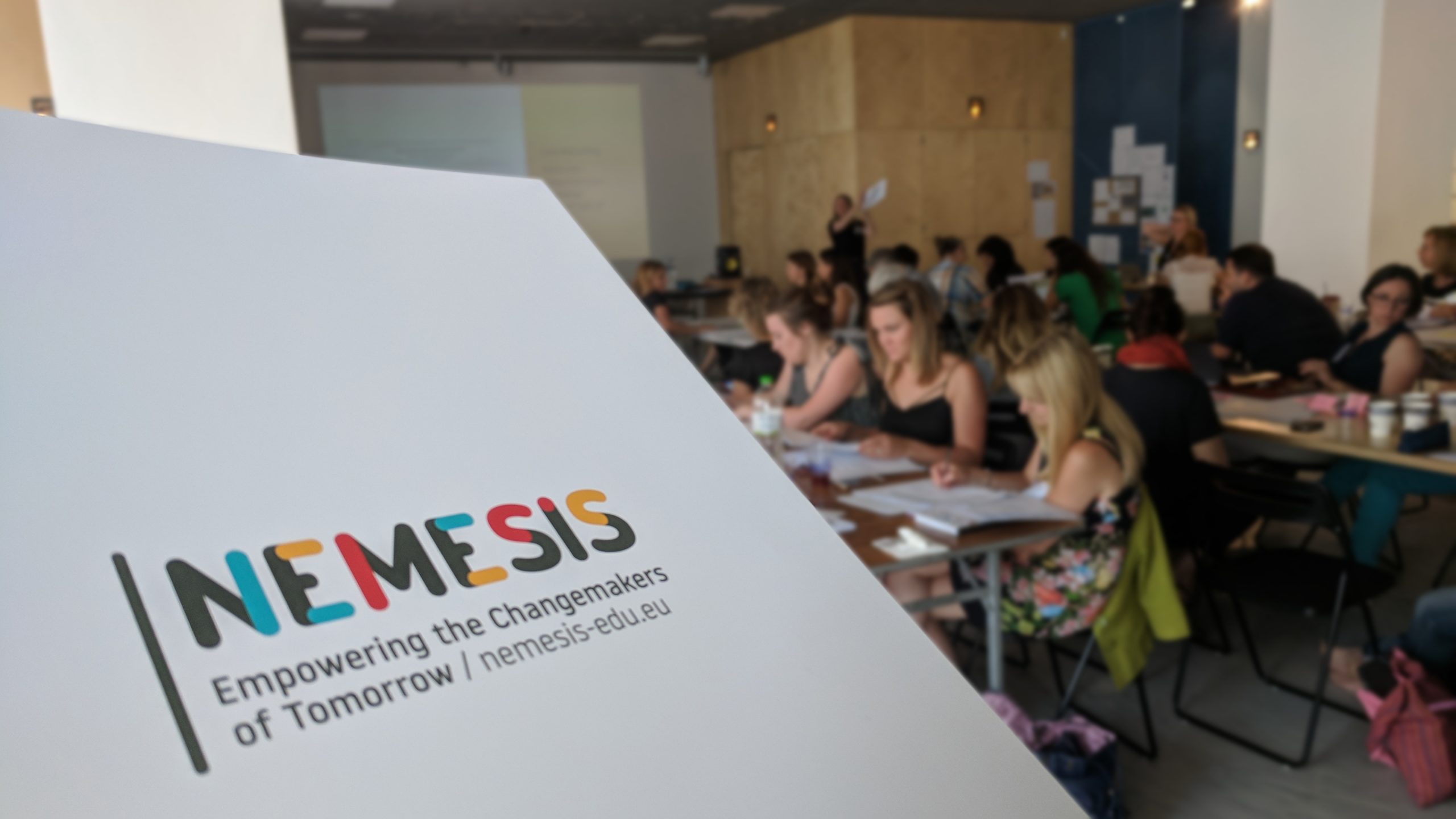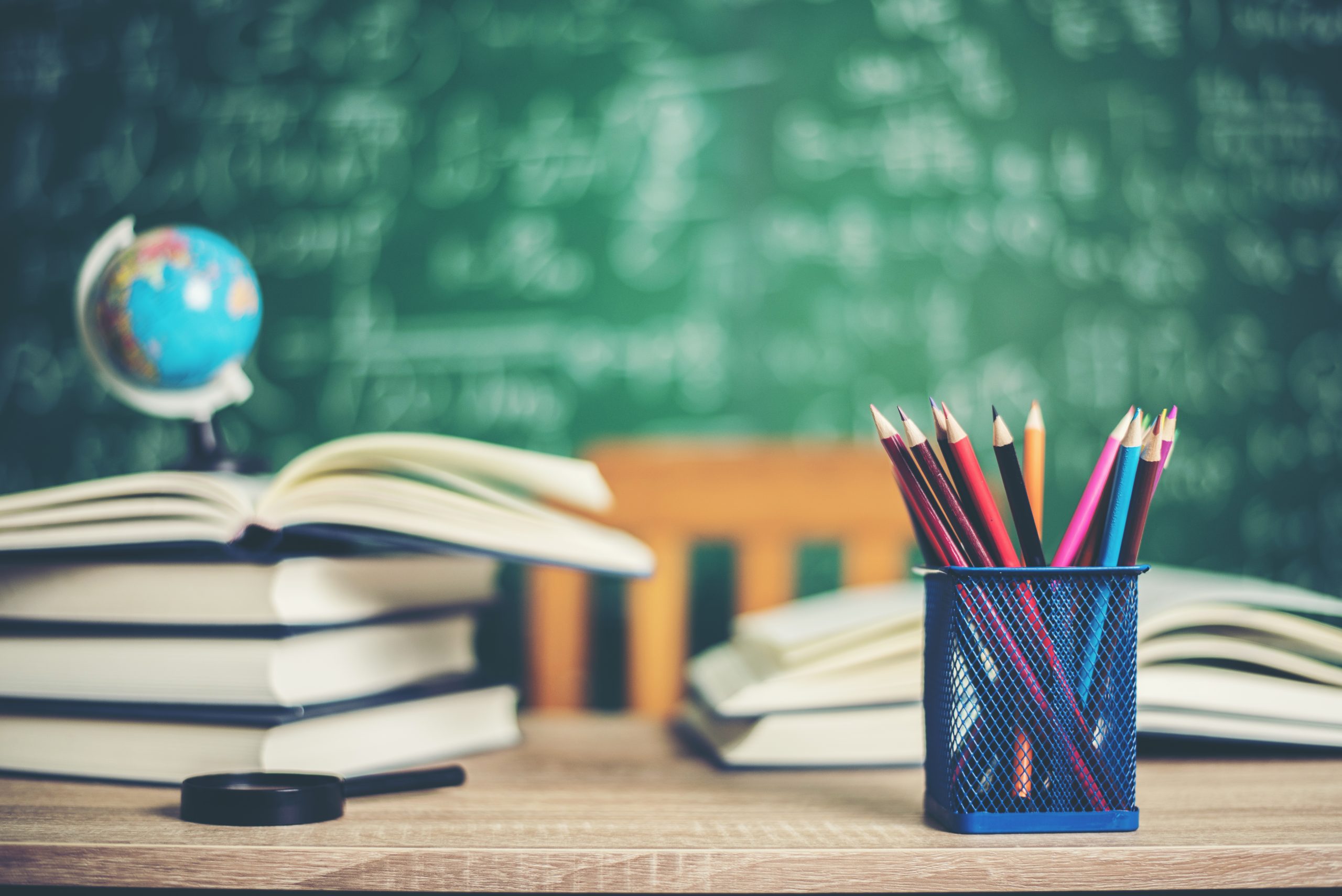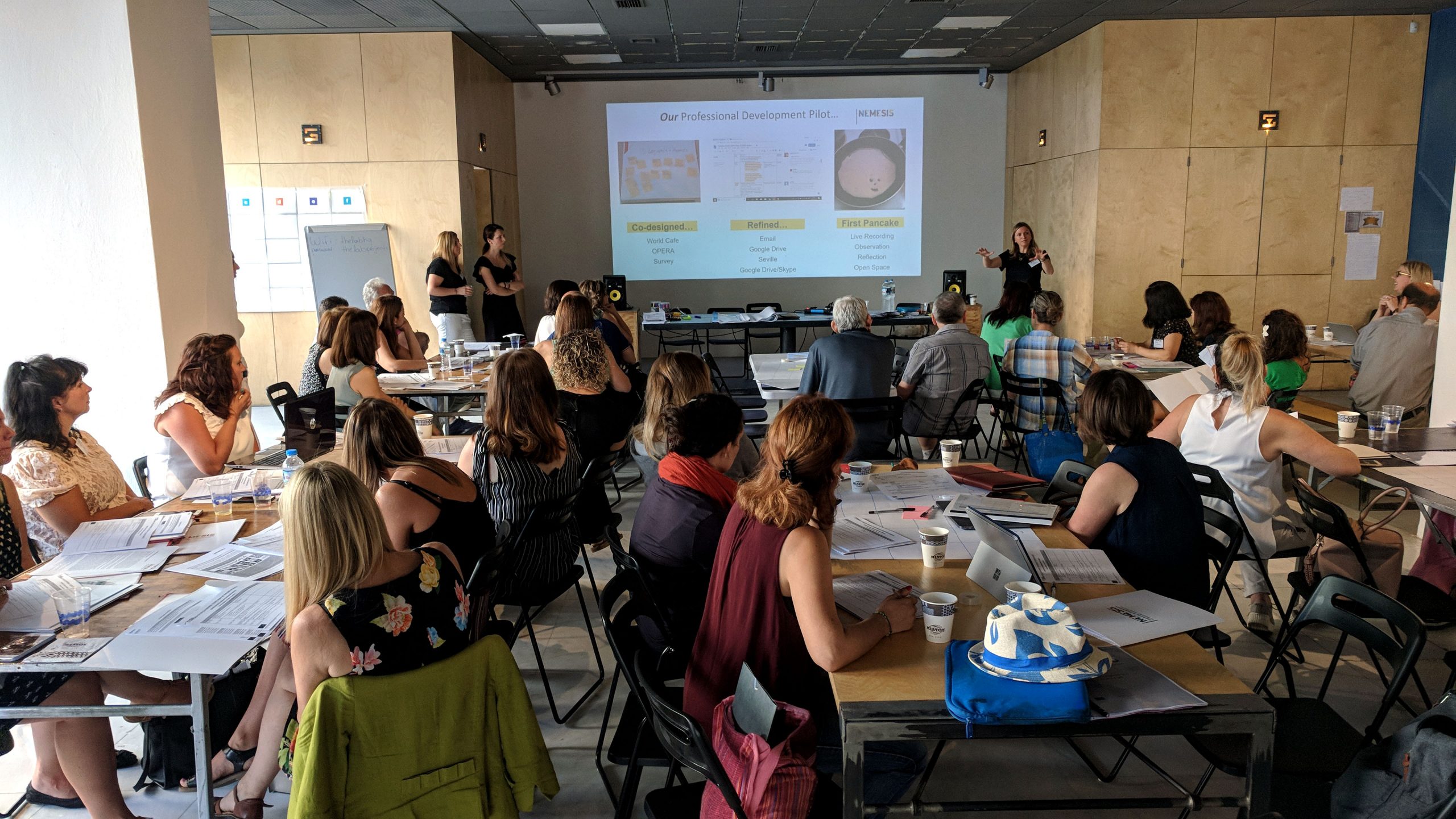How students’ attempts to contribute to a better society impact the school?
The previous year in NEMESIS, 8 schools, 56 teachers and 1030 students around Europe used a new and experimental educational approach to empower young people. This involved the creation of social innovation projects within schools. Co-creation labs were set up to promote collaborative relations between students and adults where they were tasked with jointly address social challenges in their school or the wider community.
The results of the first pilot period demonstrated that students can benefit from their involvement in the NEMESIS co-creation labs in terms of their emotional, cognitive, behavioral and agentic engagement:
In terms of emotional engagement, students felt that their voice was heard, valued and acted upon. This made them feel important to their school, increasing their sense of belonging there. As a result of the redefined relationships that were formed with adults, students’ confidence was boosted, making them feel like they were not being treated simply as children, but as skilled individuals capable of fulfilling their goals.
“It’s like getting out of the classroom, it’s more real. We are not treated like kids but as people” (pupil, CEIP los Albares).
This increase in their self-confidence also manifested itself as an increase in the children’s maturity.
“I like that I feel more grown-up because I am talking to adults” (pupil, Rockingham)

On top of that, students came up with the ideas for the projects themselves, making them feel more autonomous and empowered.
“NEMESIS gave us more independence to do things that we wanted. It made us more able to carry out our projects.” (student, IES El Batan)
The fact that the projects were of tangible benefit to their community further reinforced this emotional engagement. It positively impacted their feeling of connectedness to their communities as well as strengthening their sense of collective efficacy as a result of the new relationships that were formed with adults and peers.
“If the task assigned to the children was to start a business, it wouldn’t have the same emotional charge. It becomes even more evident these days, that we need to give back to the community. Getting children to understand this can have serious emotional benefits” (Teacher, 6th Intercultural school of Kordelio)
In terms of cognitive engagement, students greatly understood the real purpose of their learning. They took ownership of their ideas to drive their projects forward and thus felt more motivated to perform in class because it felt personal, important and relevant to them.
“I can now see my student’s willingness and passion to perform activities that they found boring before. Now they suddenly all want to become “readers” and “writers” because they see the practical importance these skills can have.” (teacher, 6th intercultural school of Kordelio)
In terms of behavioral engagement, the inclusive environment created by the co-creation labs as well as the support from adults helped shy students to come out of the woodwork and generally built confidence among the class. Moreover, the way students behave towards each other in school has also been positively affected by NEMESIS. In working together towards a common goal, students were required to act maturely and put aside their differences.
“In some cases, I felt NEMESIS was really changing the school culture. Students that didn’t normally speak now behave differently … they have ideas, ask questions… I did not know they had their own ideas; that they thought so critically.” (Teacher, AE Maia)
Finally, with regard to agentic engagement, it has been observed that students have been very proactive, making constructive suggestions. Such an increase in the students’ agency is connected to the strong sense of ownership and enthusiasm that they have developed in their social innovation projects and the collective effort of the co-creation Labs.
“It’s our project, we make decisions. Before we were told what to do.” (student, AE Maia)
“We will improve the school. And I will be helping to do it. We will change it. If we all assume our responsibility, we will make it! I believe it!” (Student, AE Maia)
Do you want to learn about other school projects in NEMESIS? Click here.
Are you a school willing to learn more about NEMESIS or thinking about joining the project? Feel free to surf the web and drop us a line (hello@nemesis-edu.eu) or fill our contact form.
Are you a social innovator who would like to collaborate with the schools in your area? Click here for more info on how to become a mentor.

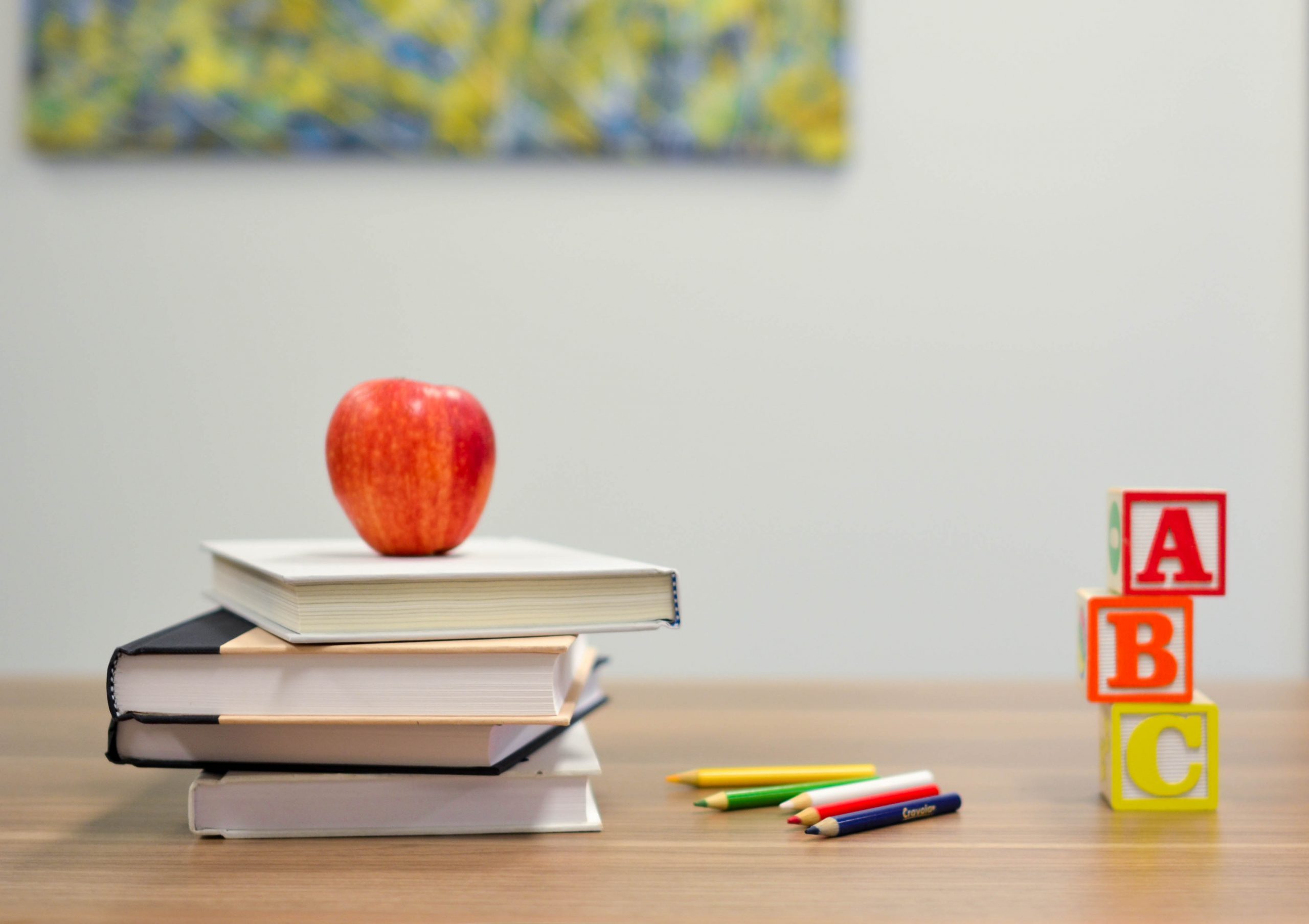
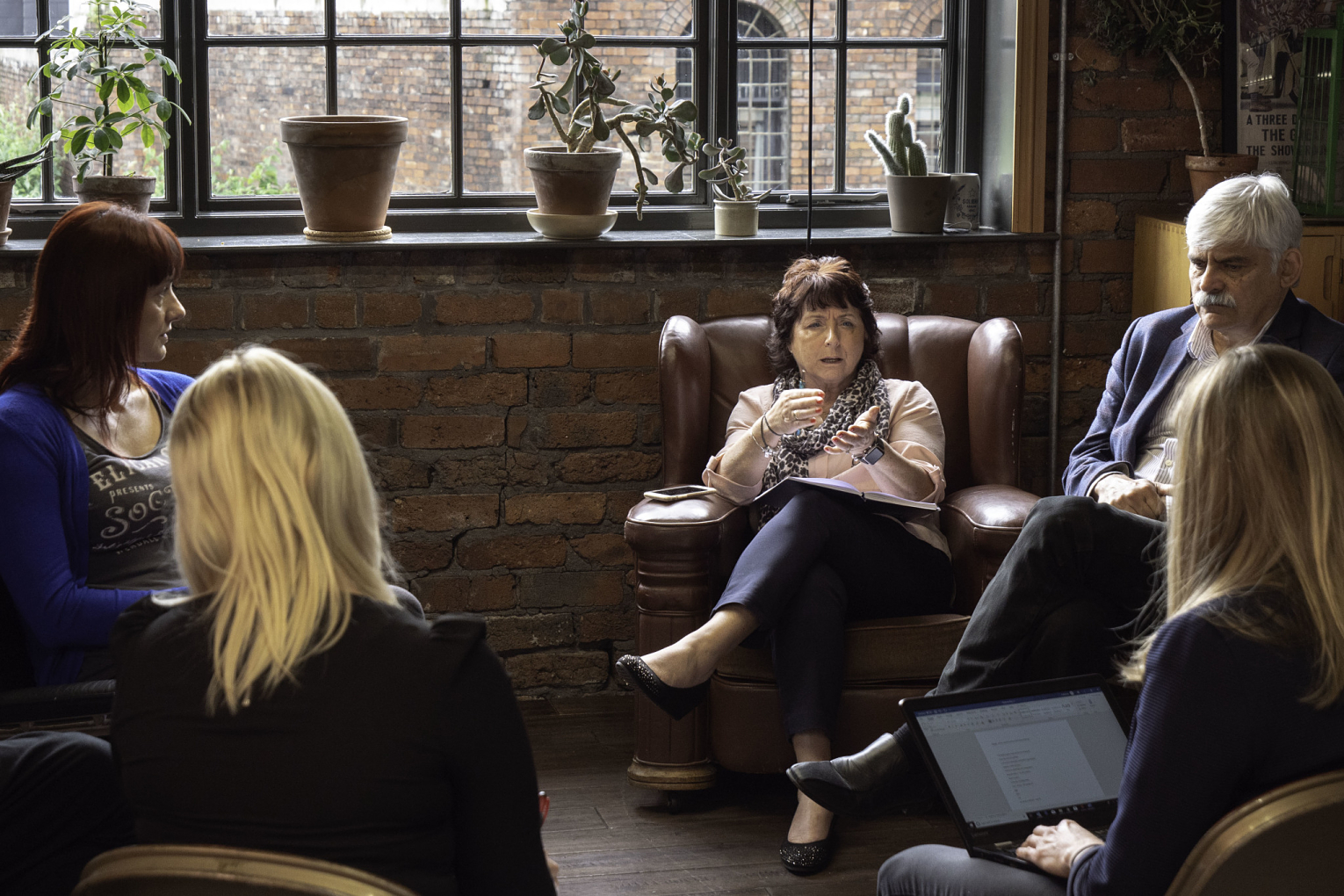





 As such, the competences and values we envision in NEMESIS include self-efficacy and social communication skills but also temper them with empathy and the embracing of diversity and democratic decision-making. Our model promotes problem-solving skills and resource mobilization abilities, but also pairs them with reflective learning and social resilience. In its ethical core, NEMESIS aims to encourage the development of collective capacities for taking innovative actions inspired by key values, such as equality, respect, generosity, trust and altruism. When such results become evident through our collective efforts in the NEMESIS project, we will know that our tree is blooming and is about to bear fruits. Youth activism goes beyond charitable and voluntary work for the community, it aims at influencing policy and institutional practices for the promotion of social justice.
As such, the competences and values we envision in NEMESIS include self-efficacy and social communication skills but also temper them with empathy and the embracing of diversity and democratic decision-making. Our model promotes problem-solving skills and resource mobilization abilities, but also pairs them with reflective learning and social resilience. In its ethical core, NEMESIS aims to encourage the development of collective capacities for taking innovative actions inspired by key values, such as equality, respect, generosity, trust and altruism. When such results become evident through our collective efforts in the NEMESIS project, we will know that our tree is blooming and is about to bear fruits. Youth activism goes beyond charitable and voluntary work for the community, it aims at influencing policy and institutional practices for the promotion of social justice.